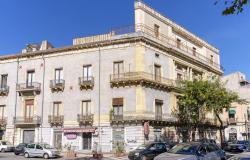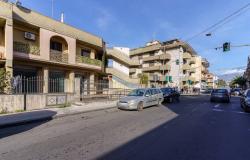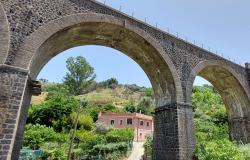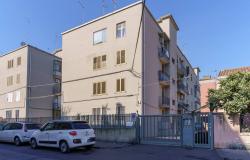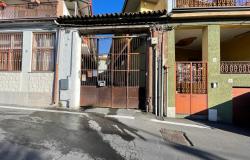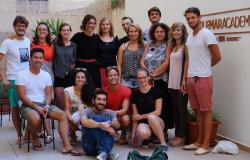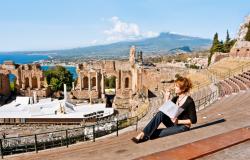 An ancient Phoenician temple unearthed in Sicily is "unique" in the West, the head of the Italian dig team claims.
An ancient Phoenician temple unearthed in Sicily is "unique" in the West, the head of the Italian dig team claims.
"You have to go all the way to Amrit in Syria to find a similar one," said Lorenzo Nigro of the Rome University team. The temple came to light last year after a portion of a lagoon surrounding the Phoenician city of Motya (present-day Mozia) was drained.
The pool began to fill up again and a fresh-water spring was found - a fact Nigro believes proves it was used as a holy place.
"The Phoenicians placed their cities on the coast near water springs, which for them meant that there was a divine presence there."
Digs at the site, on the westernmost tip of Sicily near Marsala, have brought to light the ruins of a "monumental" temple including columns of a type used by the Phoenicians on Cyprus - as well as fragments of an obelisk.
"The similarity with the Temple of the Obelisks at Byblos, Lebanon, is clear," Nigro said.
Nigro believes the pool flanking the temple was used for water rituals and offerings to Baal, the Phoenician god of the sea and the underworld. However, other Italian archaeologists do not agree with him.
"The pool is without doubt merely a dock used for repairing ships," said Sebastiano Tusa of Naples University, head of marine archaeology for the Sicilian regional government.
Motya - whose name means "wool-spinning centre" - was founded in the 8th century BC, about a century after the foundation of the most famous Phoenician colony in the ancient world, Carthage in Tunisia.
Greeks also began to colonise Sicily at the same time as Motya's foundation and conflicts broke out between Greek and Phoenician settlements. The Greek tyrant ruler of Siracusa, Dionysius I, destroyed Motya in 397 BC.
Half a century later, Rome's intervention in the Greek-Carthaginian conflicts led to the Roman conquest of
Sicily, which became Rome's first province.
The Phoenicians were a trading people who formed a massive commercial empire across the Mediterranean from their bases in modern-day Lebanon. Among the Italian cities they founded is today's capital of Sicily, Palermo.
Other colonies included Cadiz and Malaga in Spain, Tangiers in Morocco and Tripoli in Libya.
